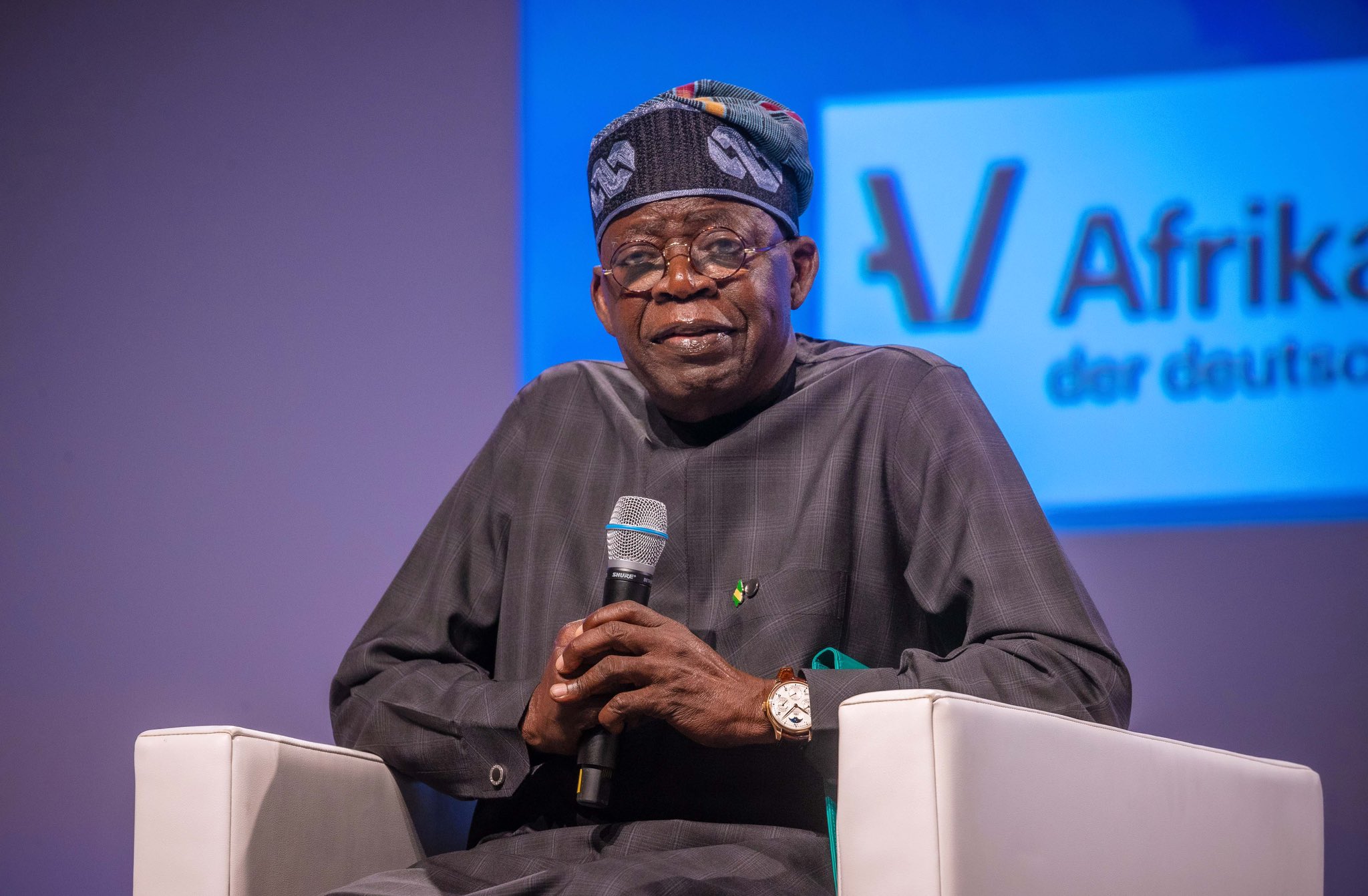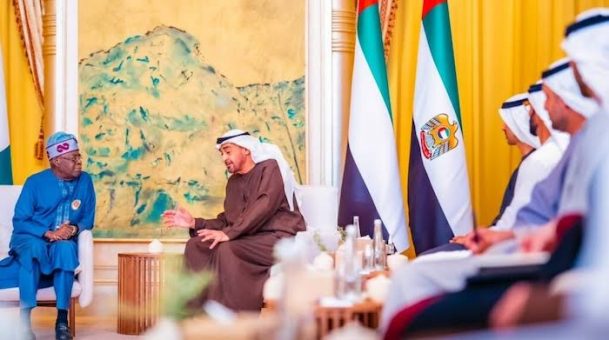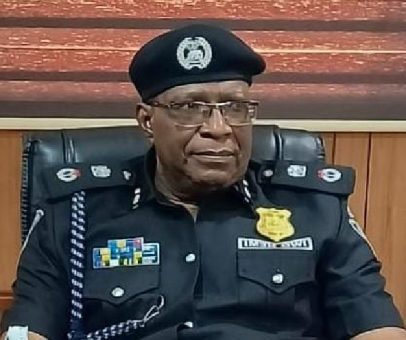President Bola Ahmed Tinubu was re-elected as the chairman of the Economic Community of West African States (ECOWAS) Heads of State and Government. Tinubu, first elected in Guinea-Bissau on July 9 last year, pledged to deepen democracy and push for the formation of a standby force to enhance security in West Africa.
The re-election comes amidst regional tensions due to military coups in Mali, Burkina Faso, and Niger Republic, which have formed the Alliance of Sahel States (AES). The African Union (AU) rejected this alliance. Following the 65th Ordinary Session of ECOWAS held in Abuja, a team was set up to hold talks with the military juntas.
Tinubu appointed the President of Senegal, Bassirou Diomaye Faye, and the President of Togo, Faure Gnassingbé, as Special Envoys to negotiate with the AES member states. Tinubu emphasized the importance of establishing a regional standby force to address growing security threats and urged member states to fulfill their financial commitments to ECOWAS.
President Tinubu highlighted the need for substantial financial resources to operationalize the ECOWAS Standby Force (ESF) and combat terrorism, banditry, and violent extremism. He also urged member states to leverage Nigeria's National Counter Terrorism Center (NCTC) for capacity building and regional security benefits.
READ ALSO
Tinubu Backs Direct Election Proposal for ECOWAS Parliament
Tinubu called for unity among ECOWAS member states to unlock the region's economic potential and promote prosperity. He stressed the importance of partnerships, investment, and infrastructure development to stimulate growth and resilience against external shocks.
Dr. Omar Alieu Touray, President of the ECOWAS Commission, noted the region's democratic progress but warned of multidimensional challenges, including terrorism, violent extremism, and food insecurity. He announced preparations for ECOWAS's 50th anniversary and proposed a Special Extraordinary Summit on the future of the community.
Tinubu solicited support for Ambassador Bankole Adeoye's re-election as AU Commissioner for Political Affairs and Security, emphasizing the role's importance for West Africa. The AU, represented by Ambassador Adeoye, rejected the withdrawal of Burkina Faso, Mali, and Niger from ECOWAS, advocating for regional unity and prosperity.
The military leaders of Mali, Burkina Faso, and Niger, meeting in Niamey, adopted a joint statement to form the Alliance of Sahel States Confederation, aiming for true independence, peace, and sustainable development.




